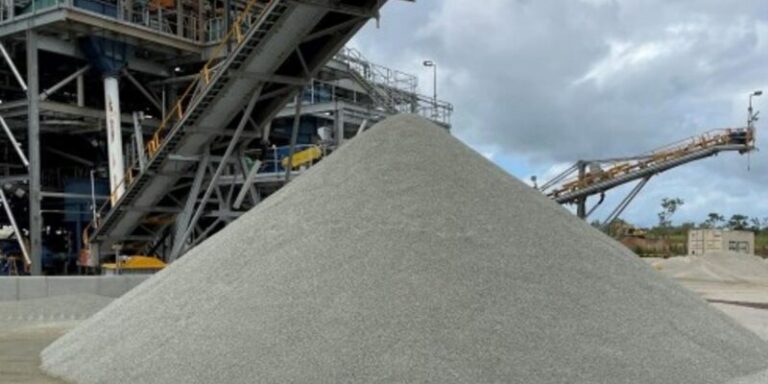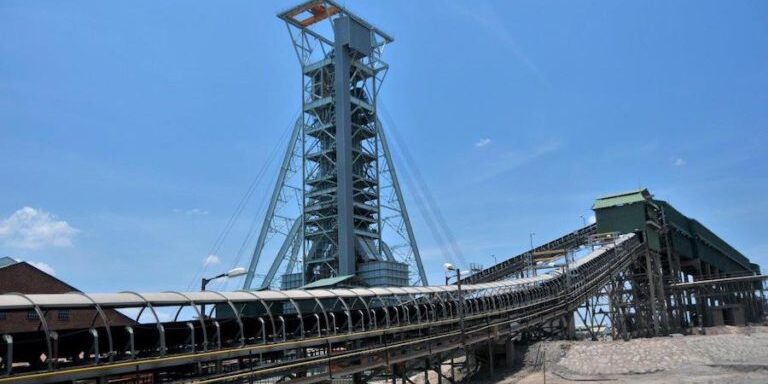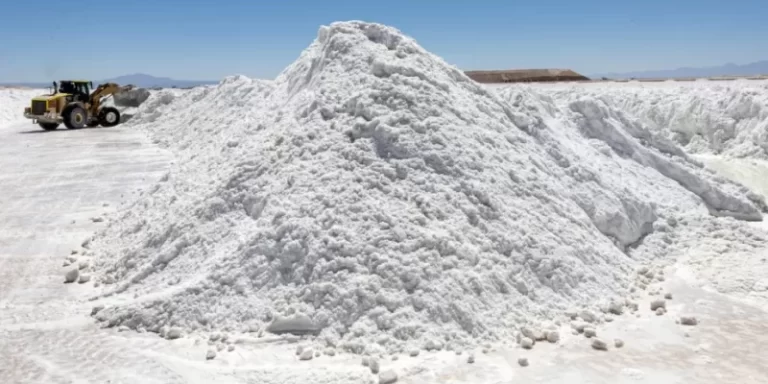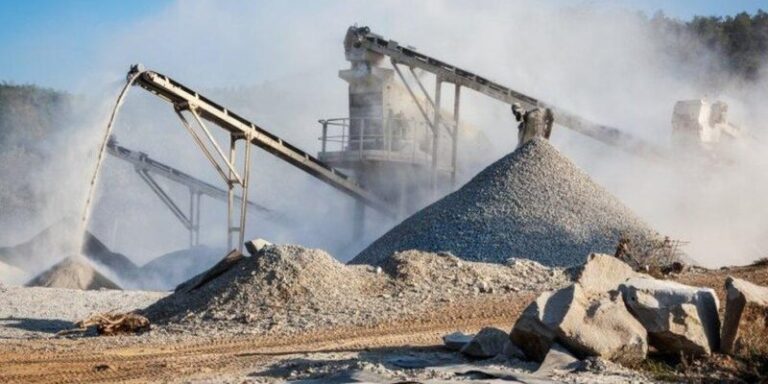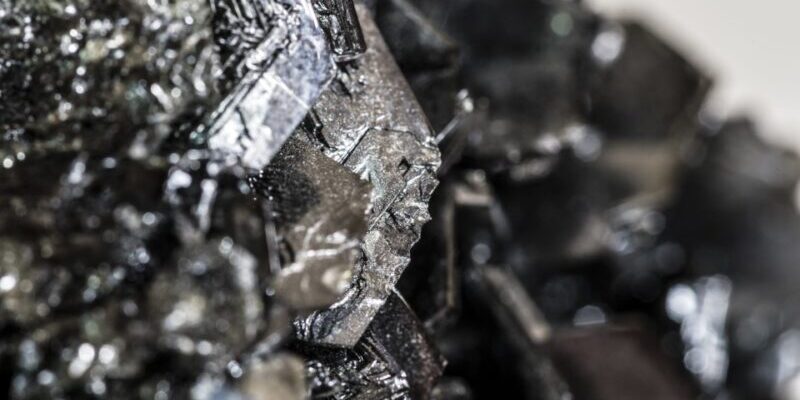
Many mineral-rich African nations are known for experiencing a “resource curse”, with bad governance linked to “corruption, environmental degradation, (and) human rights abuses”, said Silas Olang, NRGI’s Africa energy transition advisor.
But there is now a chance to buck the trend on the continent as the world “turns an eye on Africa’s minerals”, Olang added.
Africa has 30% of the world’s mineral reserves, many of which are needed for the green transition, including cobalt in DRC, manganese in South Africa and lithium in Zimbabwe, the South African Institute of International Affairs (SAIIA) said.
Minerals like cobalt, lithium and manganese are vital for battery performance, copper is integral for all electricity-related tech, while rare earth elements such as neodymium are used in permanent magnets that power EV motors and turbines.
DRC has banned exports of copper and cobalt concentrate intermittently since 2013 to encourage domestic processing, but it has issued regular waivers to the ban.
For export bans to really benefit African nations, however, governments would have to shift processing power – and ownership of it – locally, and make use of their renewable energy capacity to power it too, according to the NRGI analysts.
Only a tiny fraction of Africa’s mineral reserves are processed on the continent, whereas China – the global leader in mineral processing – refines 73% of all cobalt, 40% of copper, 59% of lithium and 67% of nickel, said the SAIIA, a think tank.
Franklin Cudjoe, CEO of policy think tank Imani Africa, said enforcing blanket bans on exports without the local capacity and funding to process critical minerals was counterproductive.
He highlighted a 2022 deal between DRC and Zambia to set up special economic zones for EVs and batteries in both nations – backed by private and public funding – describing it as a model other African governments could explore in the shift from exporting to domestic processing.
The African Union and other regional bodies are developing an African Green Minerals Strategy, which aims to improve mining regulation and institutions, and build a more attractive investment environment, among other objectives.
“This is a piece of paper, but it is a very important one… the important next step is how to translate that strategy into a practical one,” said Olang of NRGI, emphasizing the importance of regional collaboration between African nations.
Concerns from the European Union
Resource export bans by African nations have sparked concern in the EU as it seeks alternative mineral trade partners to China and Russia, in the race to become climate-neutral by 2050.
An EU commission spokesperson said recent moves by Namibia to ban some exports of critical minerals may violate bilateral trade instruments and World Trade Organisation (WTO) law.
In June, the Namibian government banned the export of unprocessed lithium and other minerals, about eight months after signing a memorandum of understanding with the EU to develop its supplies of rare earth minerals, as well as renewable hydrogen.
The EU intends to follow developments closely and to have “constructive dialogue” on finalising the EU-Namibia partnership on sustainable raw materials, the commission spokesperson said.
In response to the risk of supply disruption, the EU unveiled in March its Critical Raw Materials Act (CRMA), which aims to make the bloc less dependent on single suppliers by boosting domestic mineral industries in countries such as DRC.
The policy offers the EU an opportunity to work hand-in-hand with African countries on a more equal footing, said German EU lawmaker Nicola Beer, who is in charge of steering the bill through the legislative process.
“The EU should not act as moral authority, but offer interested countries a long-term raw materials and value chain partnership that offers more than unilaterally profitable agreements, such as those pursued by China or Russia,” she said.
African nations should also be asking trade partners for help to improve tax policies and collection to meet welfare needs and fund renewable energy, said Scurfield of NRGI.
Ultimately, local investment is more important than trying to compete with China, according to Olang.
“Africa should not be bothered about China’s processing,” he said. “We should be bothered about how we utilize our minerals for the benefit of our people.”


